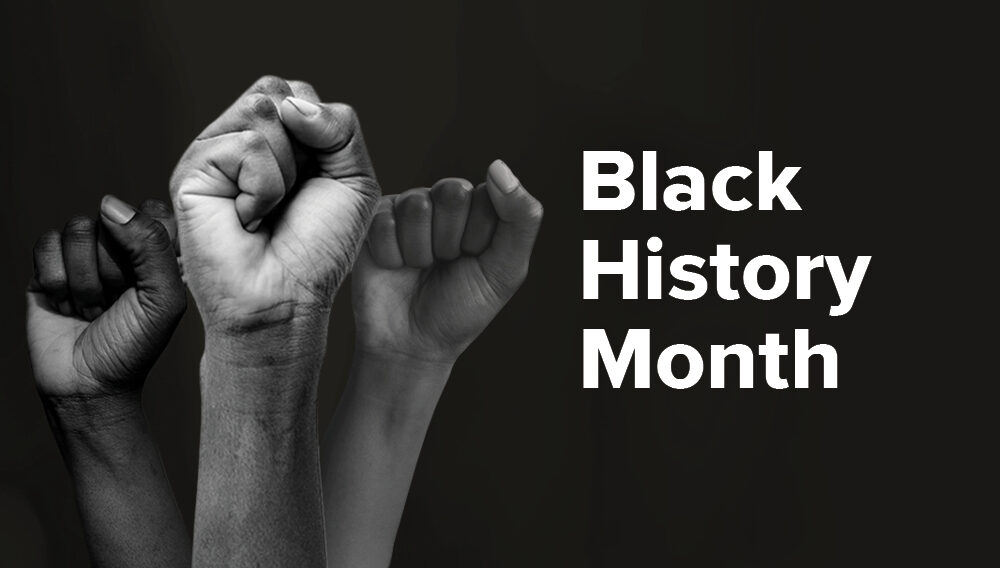Black History Month

Every February, we celebrate Black History Month to honor the contributions of African Americans and their central role in U.S. history. According to the NAACP, this celebration dates to 1926 when historian Carter G. Woodson and other prominent African Americans noted “Negro History Week.” The origins of Black History Month began after the 13th amendment abolished slavery. This month highlights the achievements of Black Americans and other people of African descent. In 1926, Harvard-trained historian Carter Woodson, and others chose the second week of February to coincide with the birthday of both Abraham Lincoln and Frederick Douglass.
Mayors of cities across the country began issuing yearly proclamations to recognize “Negro History Week” in the decades that followed and, by the late 1960s, had evolved into a month on college campuses due in part to the civil rights and growing awareness of Black identity. In 1976 President Gerald Ford officially recognized Black History Month to honor the contributions and accomplishments of Black Americans. Today, we continue to celebrate the legacy of African Americans across U.S. history and society from activist and civil rights pioneers such as Harriet Tubman, Sojourner Truth, Marcus Garvey, Martin Luther King, Malcom X and Rosa Parks to leaders in different industries, politics, science, and culture and more.
Source: History.com
Resources:
Black History Documentaries, Shows & More | History Vault
Black History Milestones: Timeline – HISTORY
The Man Behind Black History Month – HISTORY



